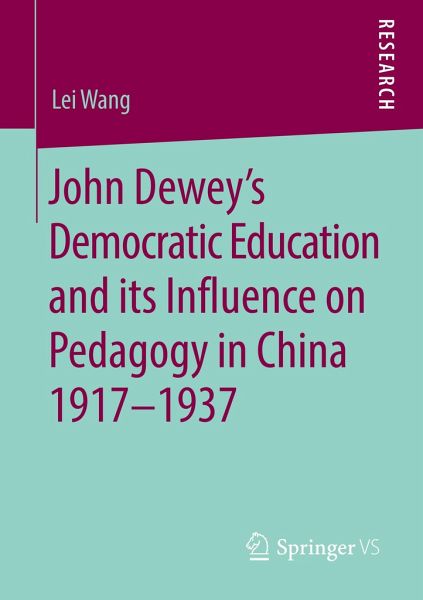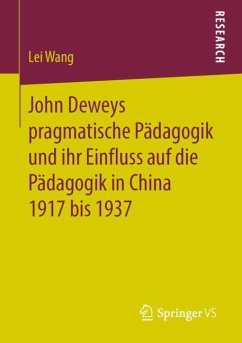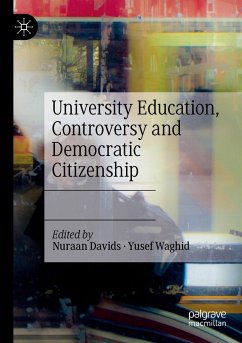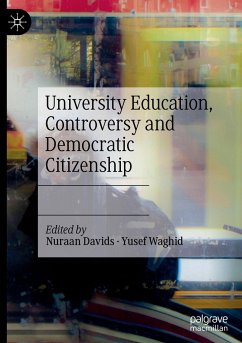
John Dewey's Democratic Education and its Influence on Pedagogy in China 1917-1937

PAYBACK Punkte
29 °P sammeln!
Lei Wang researches John Dewey's pedagogical influence on the historical context of China and compares his observations and his basic democratic approach with the concepts and practical implementation of his Chinese students. As a result, it turns out that the spread of pragmatic philosophy in China was accompanied by reductionism, misunderstandings, Confucian doctrine and nationalism and that Dewey's reform proposals can open a democratic perspective on current challenges in Chinese society. On the occasion of the 100th anniversary of Dewey's research trip to China, the author emphasizes the ...
Lei Wang researches John Dewey's pedagogical influence on the historical context of China and compares his observations and his basic democratic approach with the concepts and practical implementation of his Chinese students. As a result, it turns out that the spread of pragmatic philosophy in China was accompanied by reductionism, misunderstandings, Confucian doctrine and nationalism and that Dewey's reform proposals can open a democratic perspective on current challenges in Chinese society. On the occasion of the 100th anniversary of Dewey's research trip to China, the author emphasizes the contemporary significance of his work. The results of her study can clarify and correct errors that continue to have effect today.












